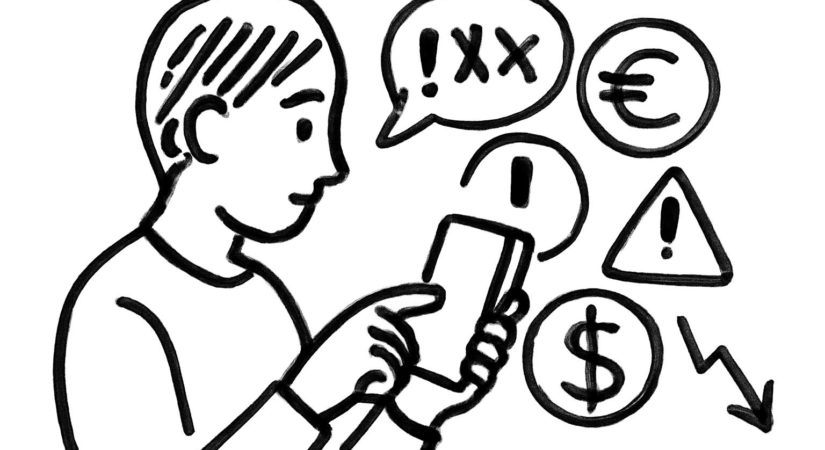At 00:53 GMT on June 10, 2025, the verified X account of Paraguayan President Santiago Peña was hacked to post a false announcement claiming Paraguay had adopted Bitcoin as legal tender. The tweet, written in English, stated that the president had signed a $5 million BTC reserve and bond law, and included a Bitcoin wallet address urging users to stake their BTC.
The official Paraguayan government account quickly denied the claim, confirming the president’s account was compromised. The false tweet was deleted shortly after, but it triggered a swift market reaction.
Following the hoax, Bitcoin surged over 4%, reaching $110,450—the highest intraday spike of the quarter. Other cryptocurrencies also saw temporary gains: Ether rose 7%, Solana 5%, XRP 6%, and Cardano 6%. The price boost coincided with positive macroeconomic signals, including US-China trade talks and progress on the US CLARITY Act regulating digital assets. Additionally, major exchanges were moving forward with European regulatory licenses, adding institutional confidence.
The suspicious wallet address contained only $4, indicating the hack aimed to influence market sentiment rather than steal funds. This incident highlights how crypto markets remain vulnerable to misinformation despite advances in security.
Historically, high-profile social media accounts have been targeted for crypto scams. In 2020, accounts of Barack Obama and Elon Musk were hacked in a Bitcoin scam. In 2021, Indian Prime Minister Narendra Modi’s account posted a similar fake legal tender announcement. In 2024, the SEC’s account falsely announced Bitcoin ETF approval, briefly pushing prices up before correction.
Crypto markets are highly reactive to news, often driven by algorithmic trading bots detecting keywords like “legal tender” and “Bitcoin.” Paraguay’s reputation as a crypto-friendly mining hub, due to cheap hydroelectric power, gave the fake claim some credibility, amplifying its impact.
Despite these market reactions, Paraguay has made no official moves to adopt Bitcoin as legal tender. While its energy resources support growing mining operations, adopting BTC as currency requires complex legislative and regulatory steps not currently underway. El Salvador and the Central African Republic remain the only countries to officially recognize Bitcoin as legal tender, both facing international scrutiny.
To avoid falling victim to similar scams, users should verify social media sources carefully, watch for unusual language or urgent calls to action, avoid interacting with suspicious wallet links, and cross-check news through trusted outlets. Browser security tools and phishing filters can provide additional protection in the fast-moving crypto landscape.
This event underscores the fragility of trust within social media and the crypto market’s ongoing vulnerability to false information despite its growing maturity.
